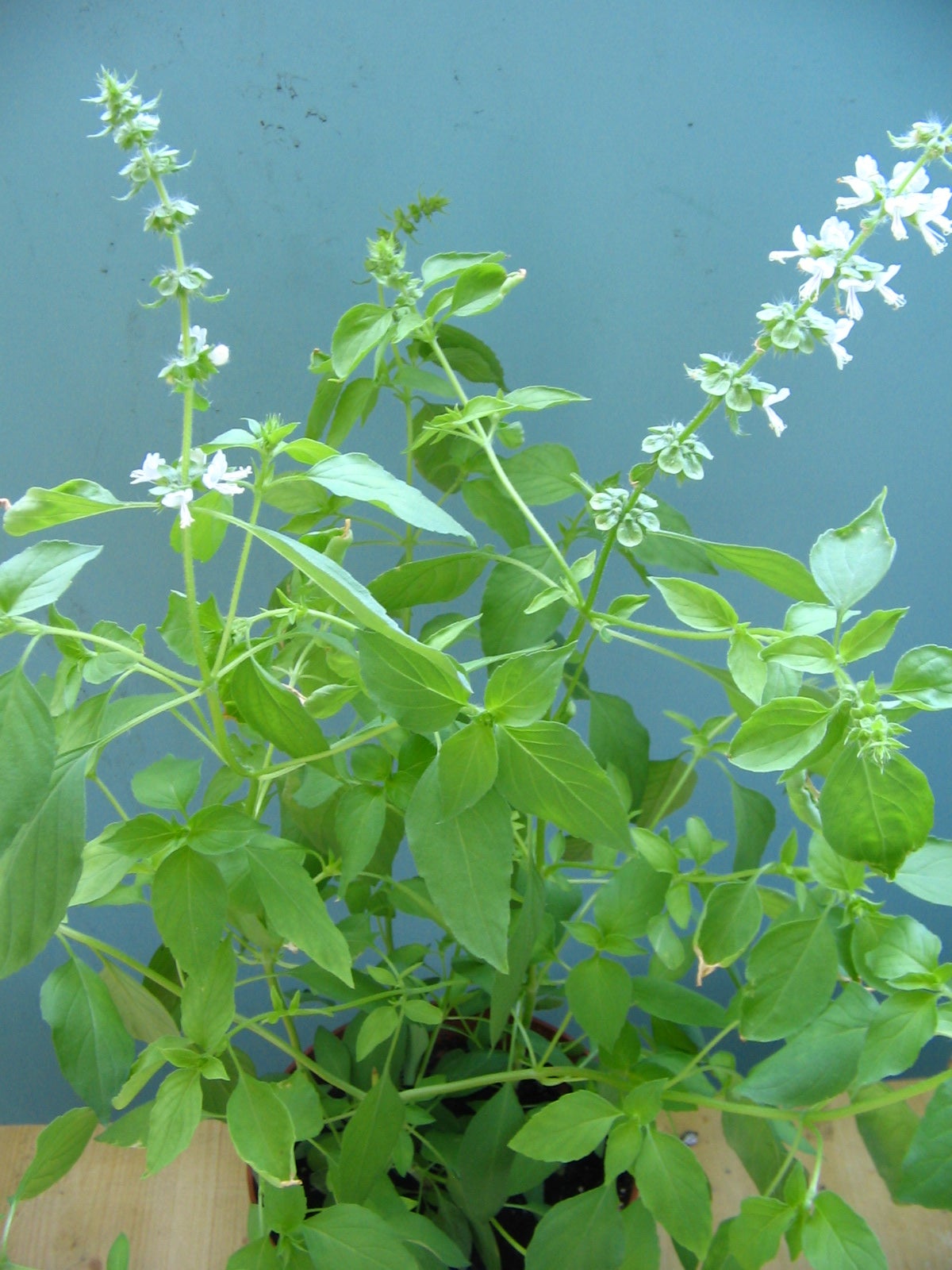Lemon Basil Care: How To Grow Lemon Basil Herbs


Sign up for the Gardening Know How newsletter today and receive a free copy of our e-book "How to Grow Delicious Tomatoes".
You are now subscribed
Your newsletter sign-up was successful
Lemon and basil make a perfect pairing in cooking, but what if you could have the essence of lemon with the sweet anise flavor of basil all in one plant? Lemon basil plants combine both these amazing scents and flavors for a unique herb experience. This variety is just one in a host of specially imbued basils and is easy to grow, provided you have plenty of sun and heat. Keep reading to get tips on how to grow lemon basil and add its characteristic scent and flavor to your culinary repertoire.
What is Lemon Basil?
Fans of basil rejoice. Growing lemon basil provides devotees with a tangy, nose happy flavor and scent that is excellent in many international and regional cuisines. It is also a pretty plant that adds dimension and texture to the kitchen garden. As an added bonus, lemon basil care is simple, straightforward, and easy.
Picture silver tinged leaves on an erect, bushy plant with heavenly aroma and the lemon basil plant is the paintbrush to that picture. The fragrant variety is native to India and features prominently in that country’s dishes but translates well to many other recipes. The herb is even great in baked goods and as an accent to cookies, cakes, and other sweet treats.
Rip up a few leaves and toss them fresh into your favorite salad as an accent. Pesto made from this plant is not as traditionally “basil” flavored, but the resulting sauce has an interesting lemony punch.
How to Grow Lemon Basil
In northern climates, sow seeds indoors at least six weeks before the last expected frost for best results when growing lemon basil. Transplant outdoors when soil has warmed and plants have at least two sets of true leaves.
Use plastic or organic mulch around the plants to prevent weeds, warm soil, and conserve moisture. Lemon basil plants must have full sun in a raised bed, planter, or other site with warm soil. Southern gardeners can plant seeds directly out into a prepared bed.
Expect germination in 8 to 14 days. The plants tend to be leggy and spindly, but pinching them back when young can help them bush out.
Sign up for the Gardening Know How newsletter today and receive a free copy of our e-book "How to Grow Delicious Tomatoes".
Lemon Basil Care
Basil needs average water and is naturally resistant to many pests. However, slugs and snails find the plants snack worthy and should be repelled.
Overly wet soil can cause fungal issues. Make sure the site is well-draining and incorporate some compost, sand, or other gritty material to enhance porosity. Water under the leaves to prevent mildew.
Harvest the leaves at any time, just leave at least half on the plant so it can continue to grow and produce more leaves. Pinch off flowers for best flavor, but if you leave them on, the aroma can help repel many insect pests.

Bonnie Grant is a professional landscaper with a Certification in Urban Gardening. She has been gardening and writing for 15 years. A former professional chef, she has a passion for edible landscaping.